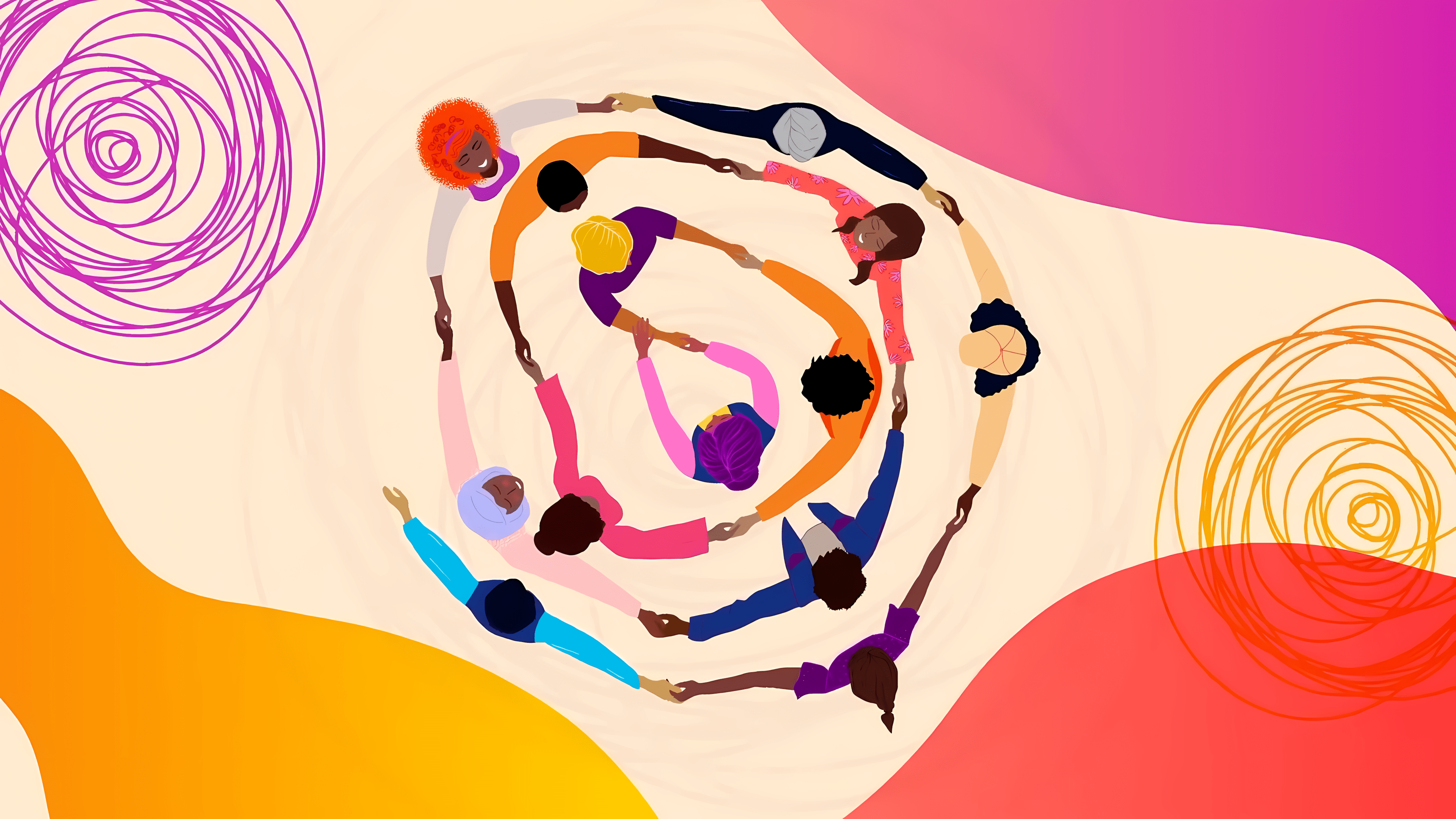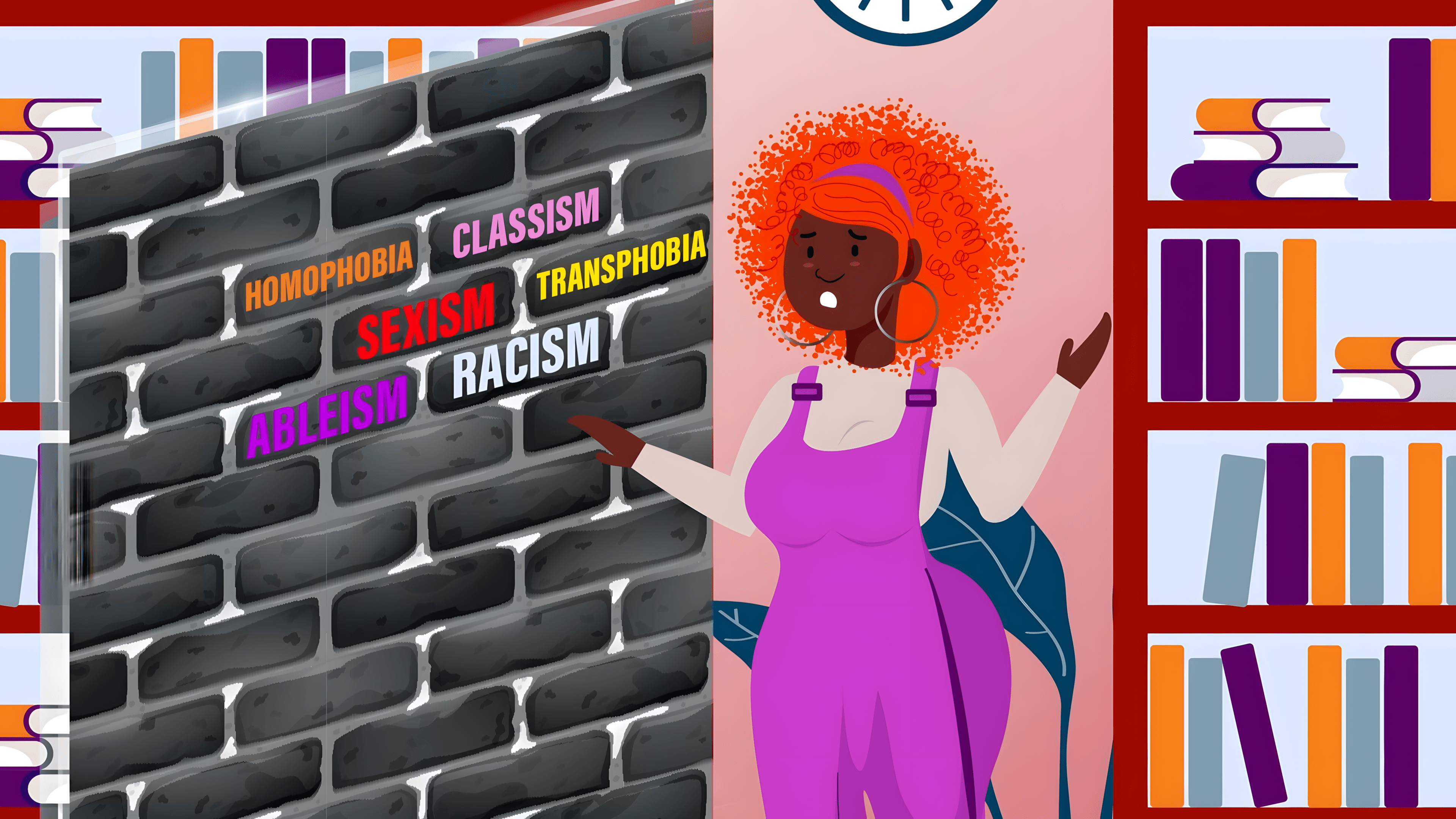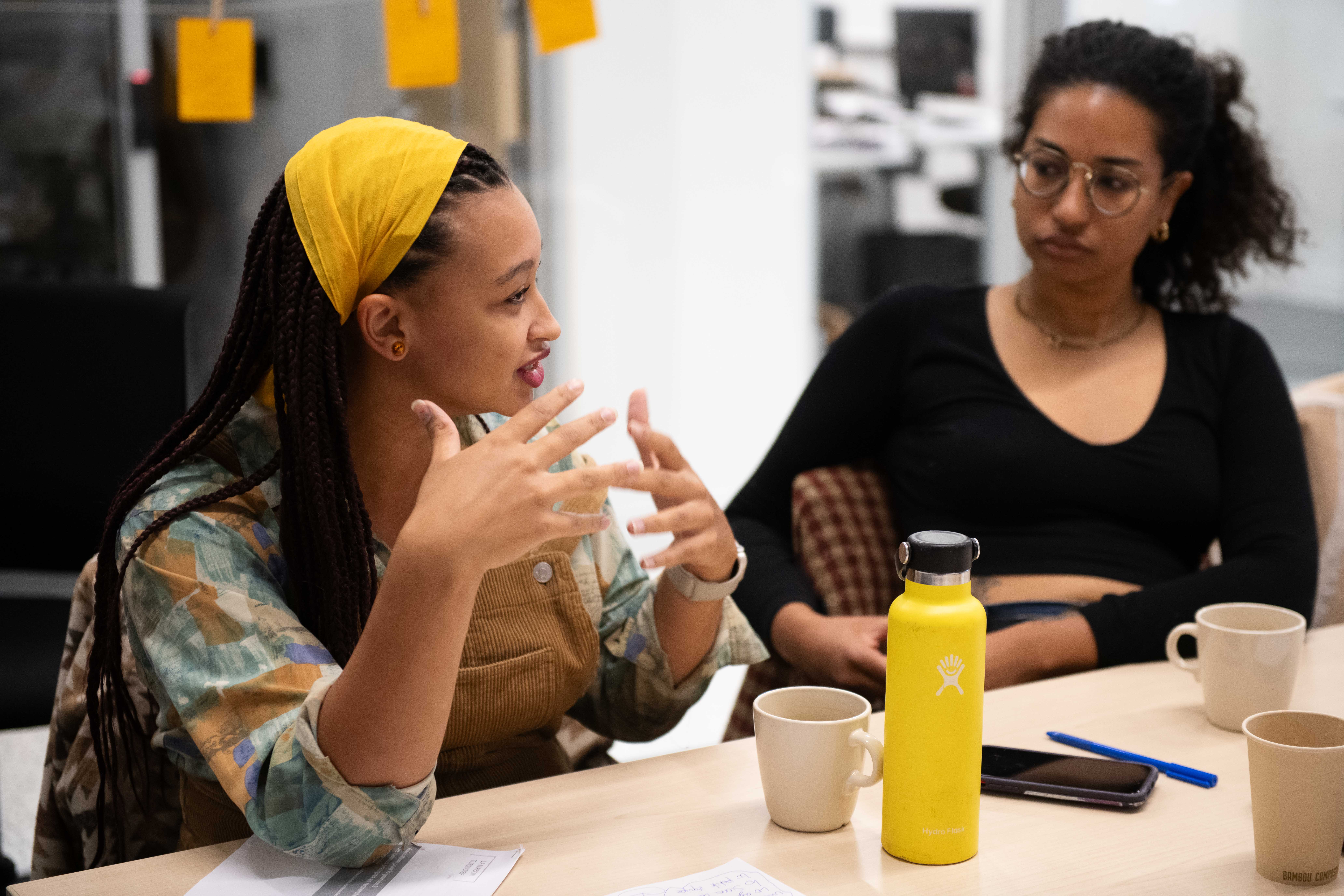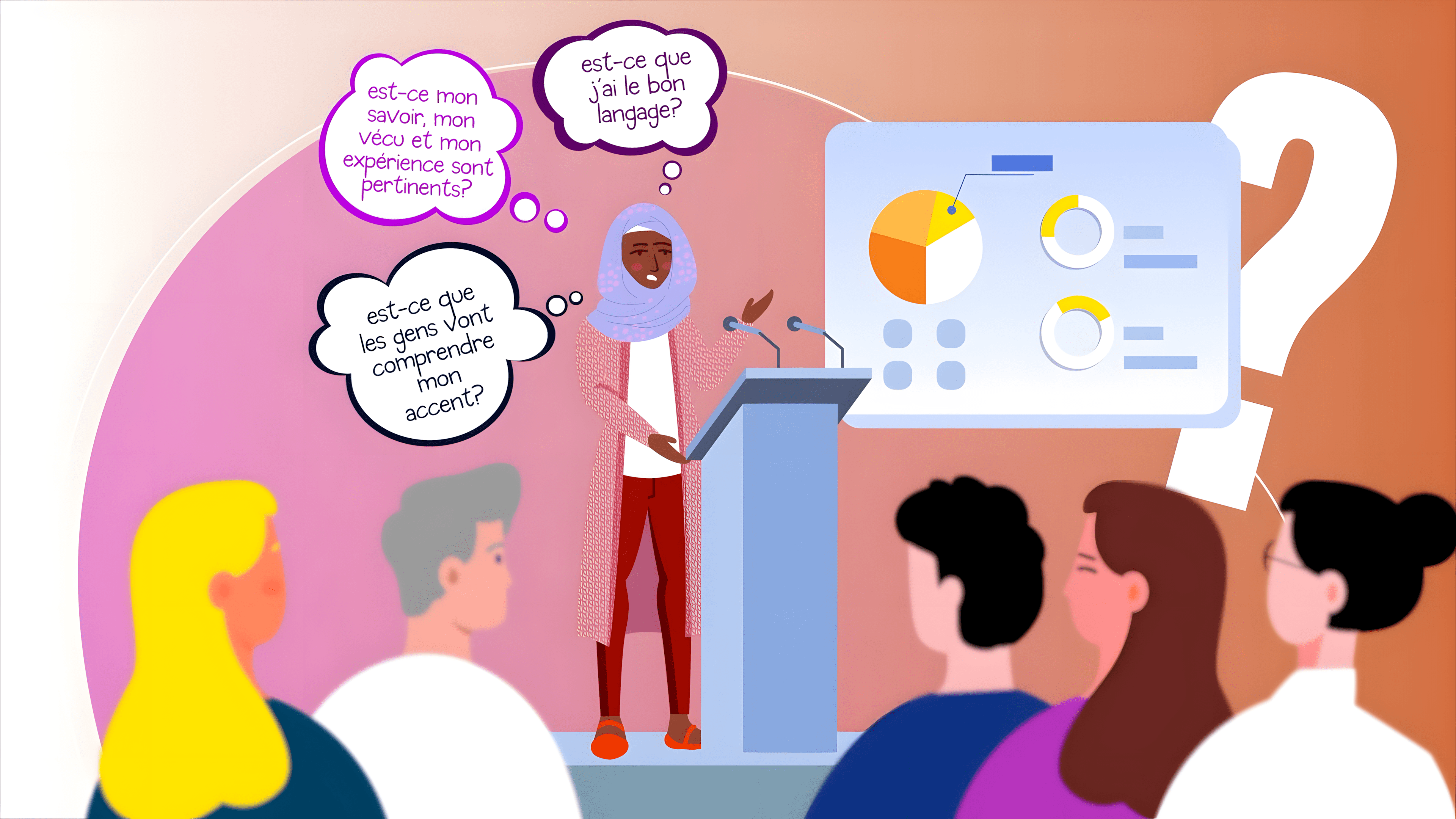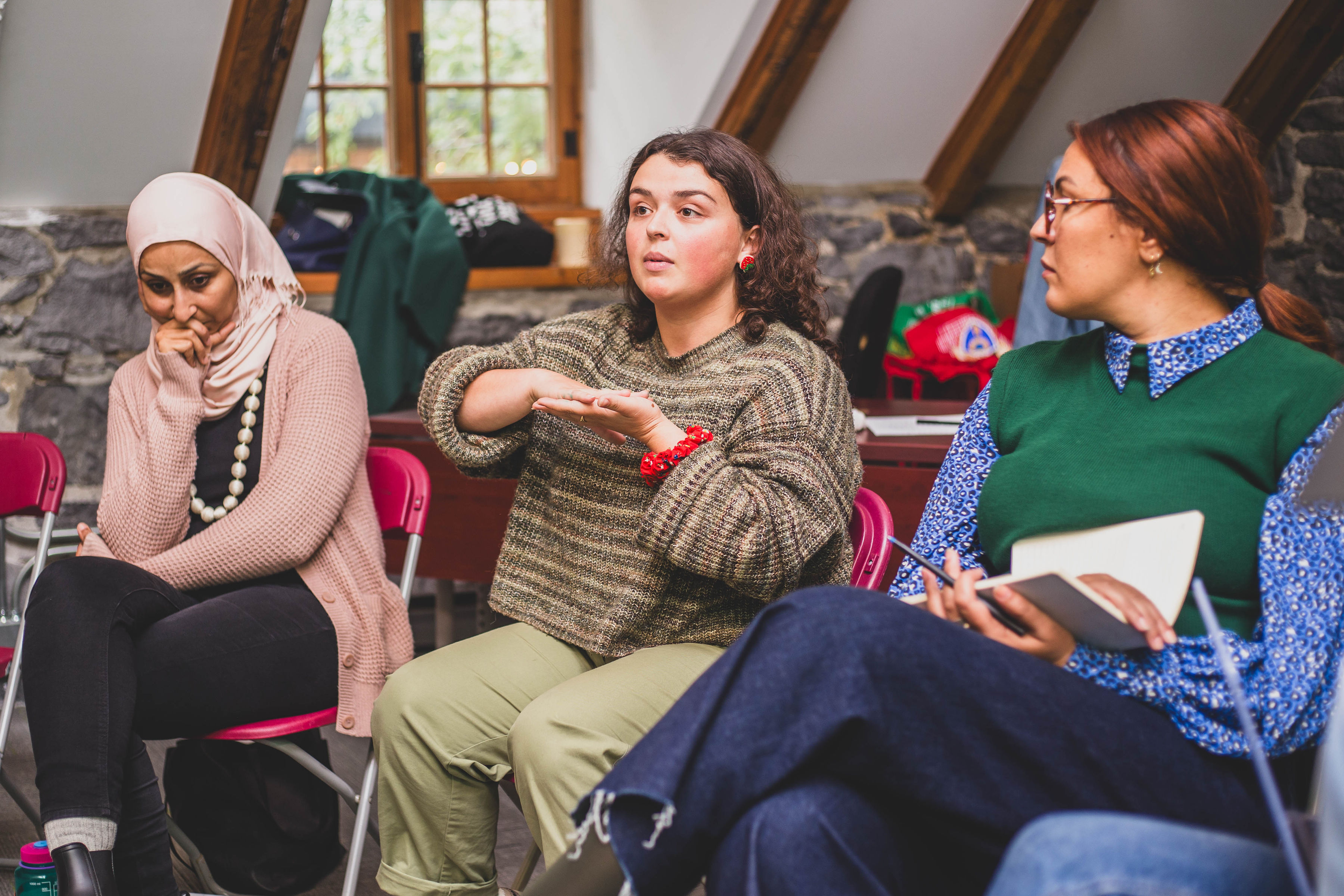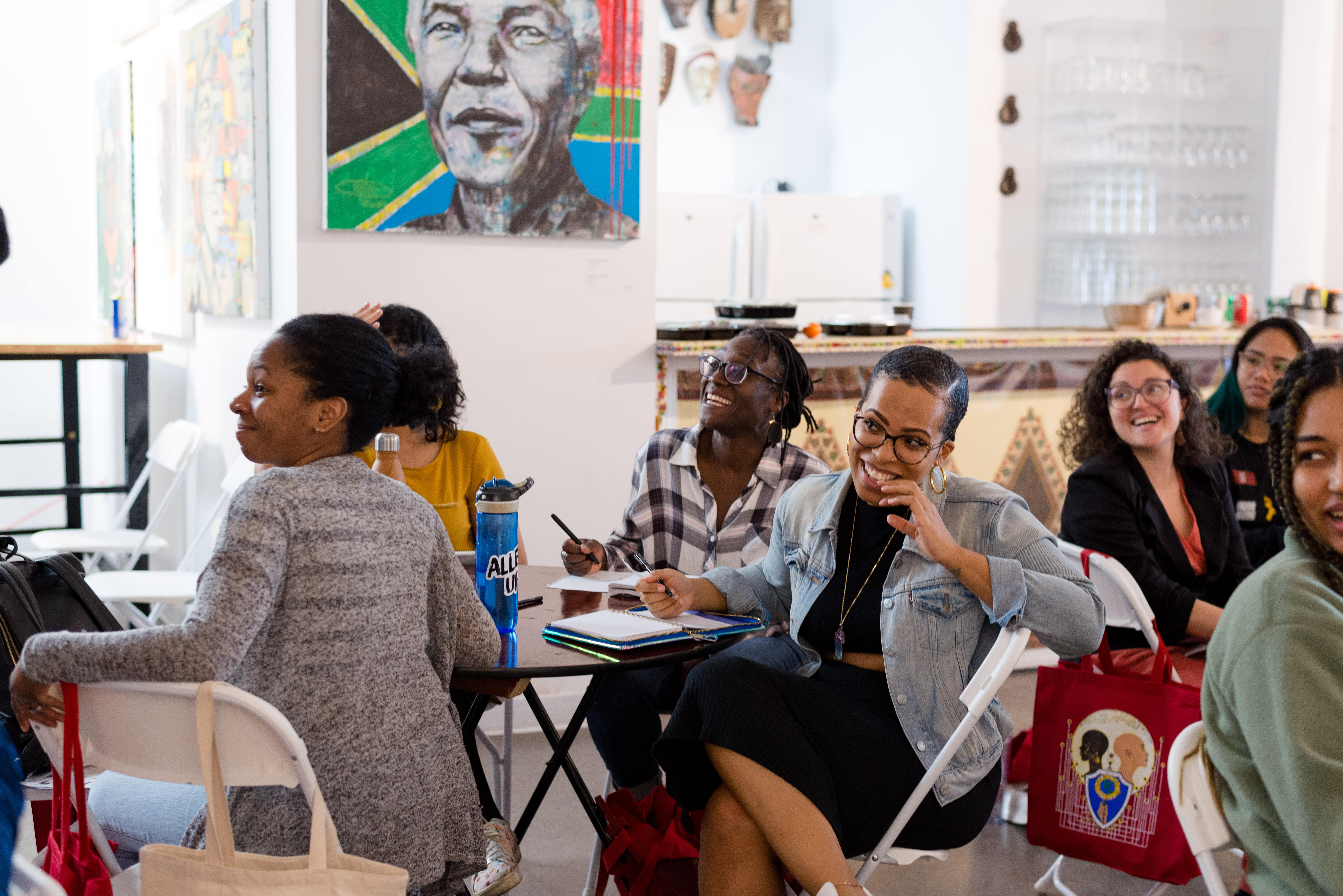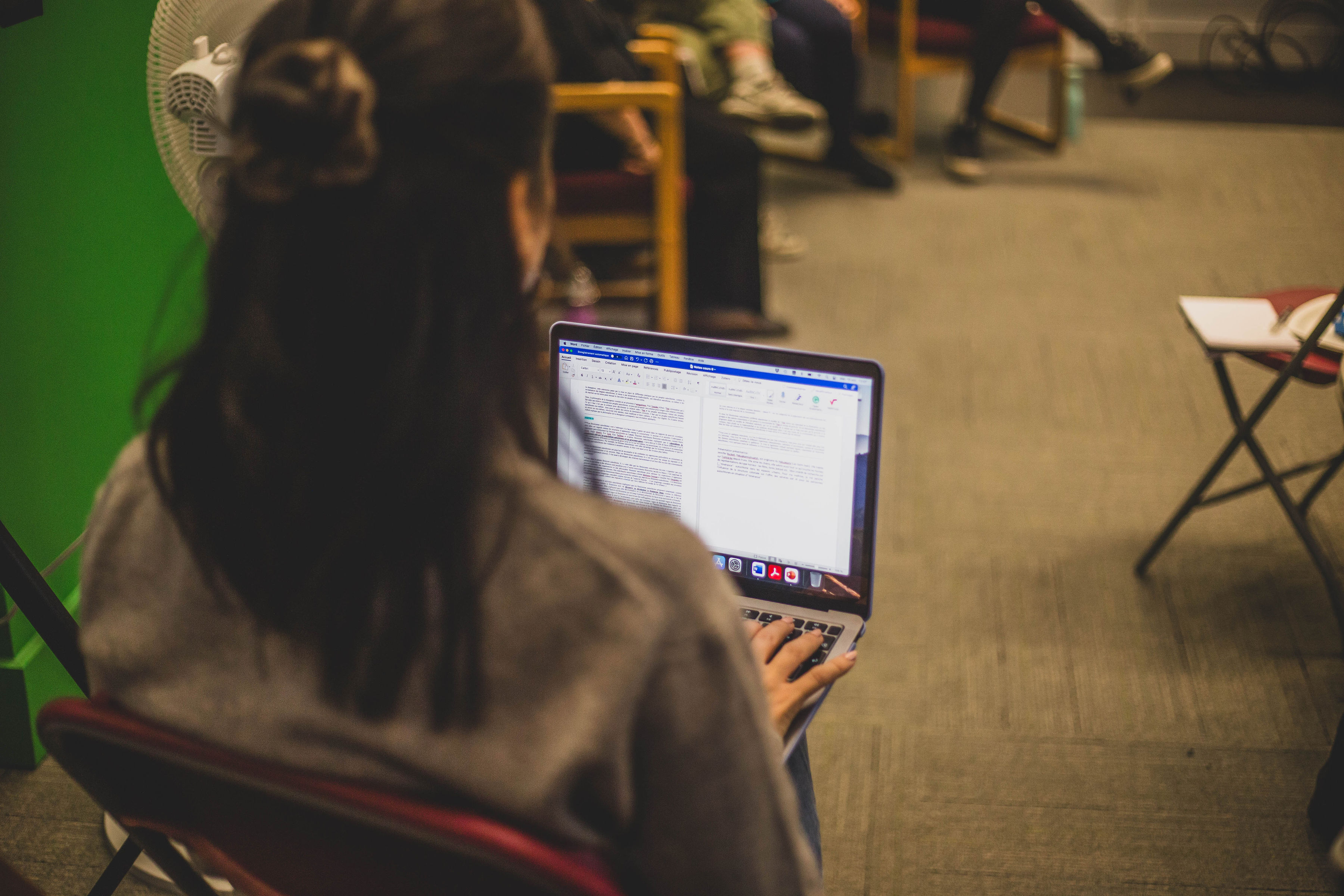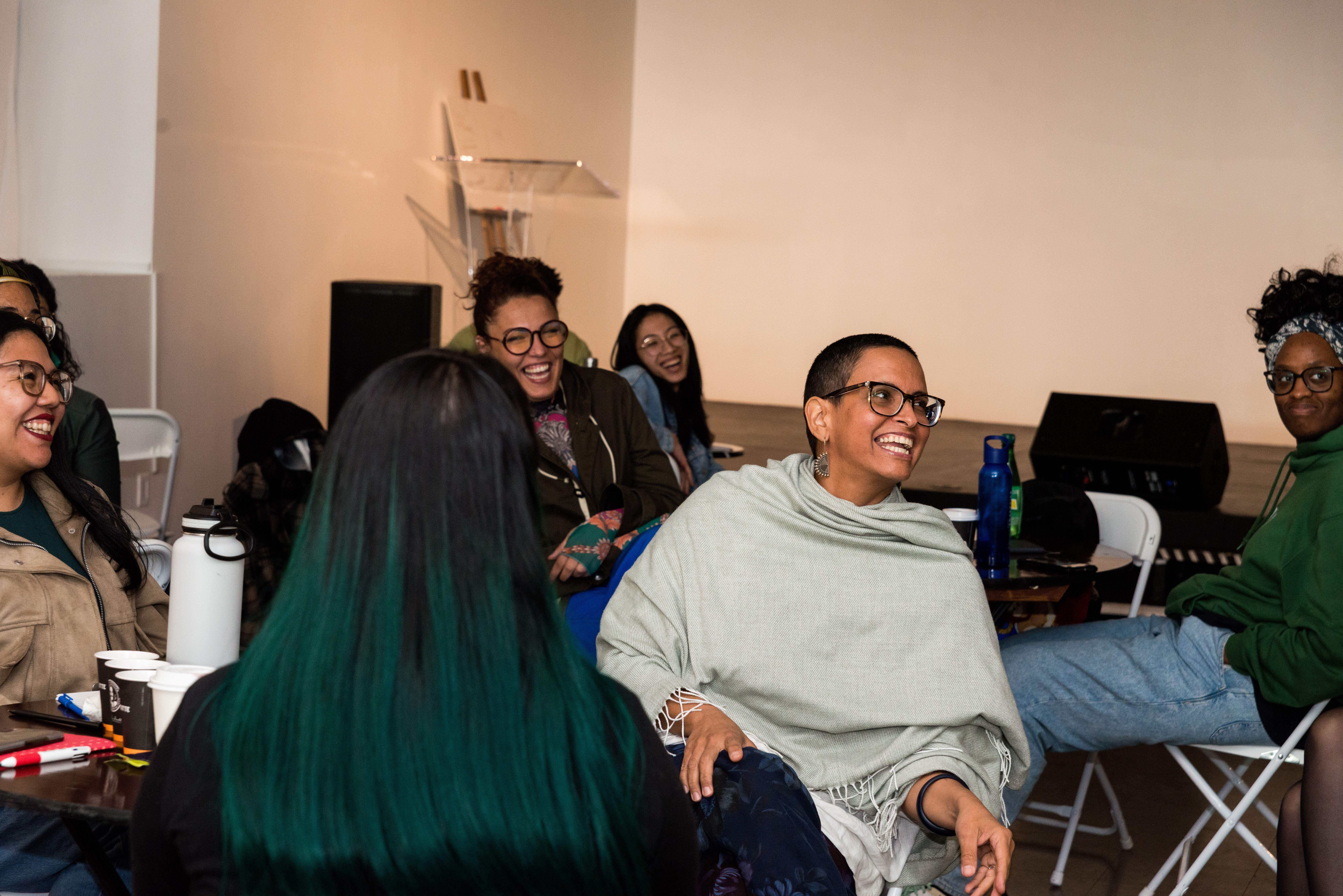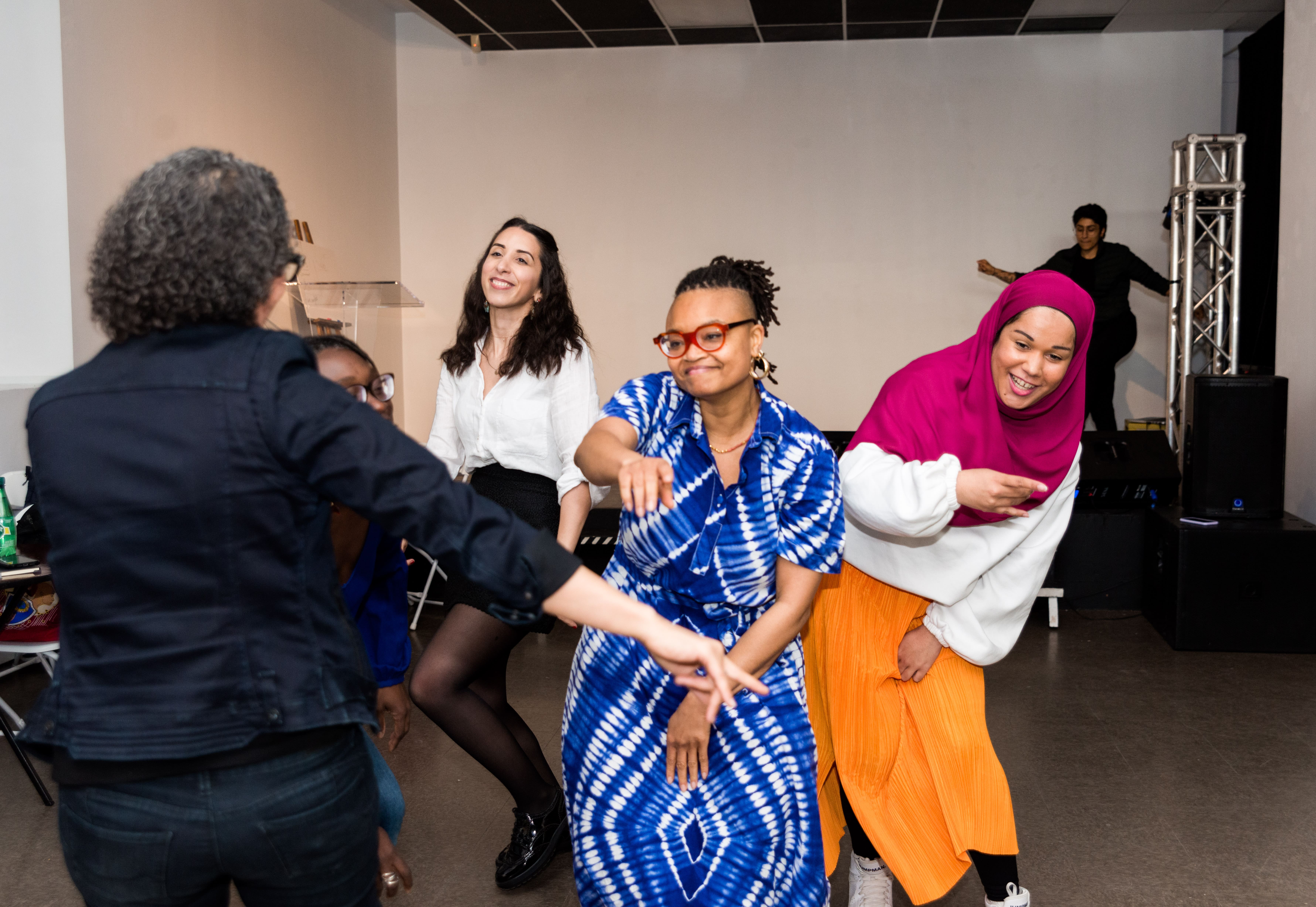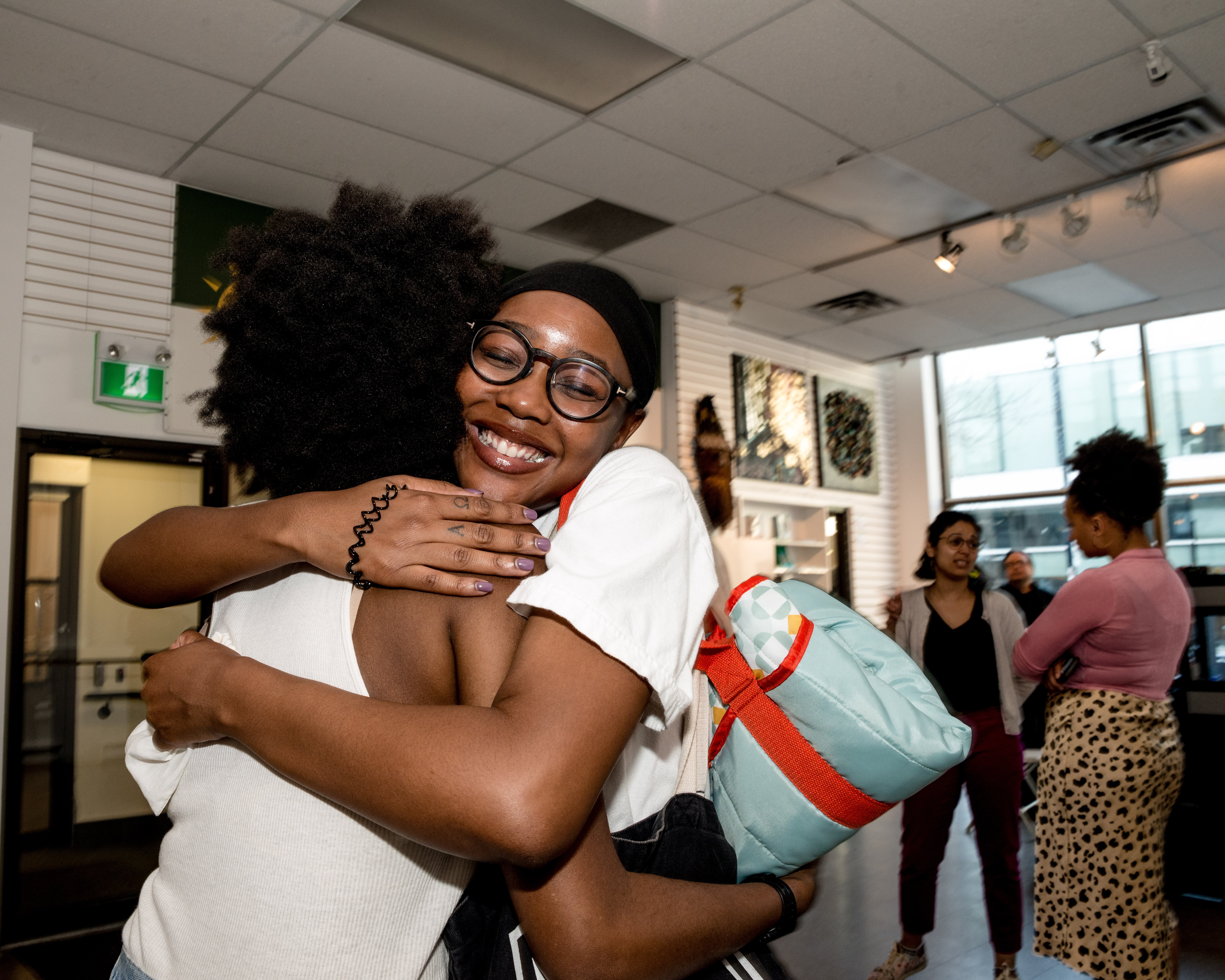A Guide to Shaping an Intellectual Property and Recognition Agreement That Reflects Who I Am
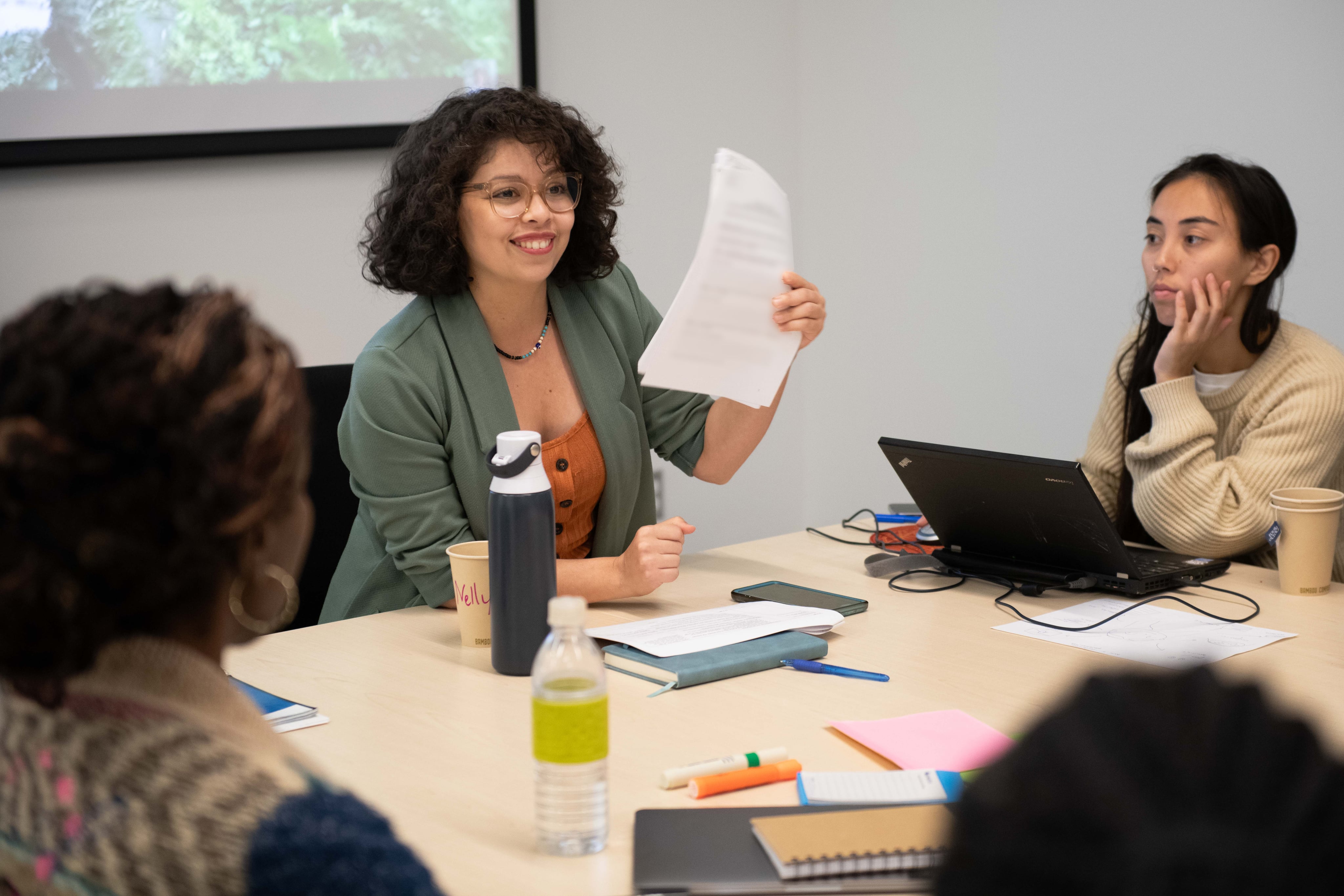
In both academic and community-based research settings, the knowledge and expertise of Black and racialized women and non-binary people continue to be too often exploited without proper recognition. Integrated into projects without clear consent, reused without citation, and shared without fair redistribution—this knowledge circulates, but those who generate it are frequently left out of acknowledgments, authorship, and the benefits that follow.
This document, rooted in anti-racist and anti-oppressive perspectives, provides a framework for reimagining how intellectual contributions are created, shared, and recognized. Its goal is to prevent structural inequities, ensure fair returns to the communities impacted, and empower those historically marginalized in research spaces. Inspired by principles of fair redistribution, inclusivity, and intentional co-creation, this guide invites us to reclaim ownership of our knowledge.
Born out of a facilitation workshop led by Nelly Dennene (Maison turquoise & soeurs) during a Cohort Day, this guide grew from candid, critical, and creative conversations about questions that are too often overlooked: How can we protect our knowledge? How can we assert our terms? How can we avoid being erased in so-called “partnership” collaborations?
Attendees expressed their ambitious goals and offered practical recommendations for improving the distribution of their knowledge and expertise. These included:
- The option to revise agreements and compensation over time.
- The requirement for explicit consent for each instance of reuse.
- The recognition of contributions shared in trusted, often informal spaces.
Some also emphasized the importance of recognizing the historical dynamics of knowledge appropriation from Black and racialized people, advocating for collective rights through shared agreements or professional coalitions, and drawing inspiration from fields like art, BDSM, and climate justice—where consent, redistribution, and mutual recognition are rigorously applied.
The tool includes:
- Examples of clauses to adapt to specific contexts.
- An explanation of intellectual property and copyright concepts.
- A list of questions to consider before entering a partnership.
- Inspiring practices and additional resources.
This model is not a standard contract but rather a flexible, evolving framework designed to facilitate discussions. It helps make marginalized knowledge visible and empowers those who wish to collaborate without being instrumentalized. It encourages the transformation of research spaces into places of justice, recognition, and change.
Note: This tool is not a substitute for legal advice. However, it provides concrete guidelines for establishing boundaries, clarifying expectations, and engaging in projects in a way that aligns with one’s values.
To cite this document: La Maison Turquoise & Sœurs et PARR, 2024. « A Guide to Shaping an Intellectual Property and Recognition Agreement That Reflects Who I Am ».
To obtain this guide, please contact us at info@parr-psrr.ca.
Some excerpts are drawn from testimonies in the PSRR report or from the reflective card game. These have been adapted and anonymized for outreach purposes.
Promotion des actrices racisées en recherche (PARR). (2024). Strategies in bloom: Cultivate your well-being in collaborative research (Reflective card deck - English version). A tool for raising awareness and self-reflection, based on the testimonials and transformation ideas shared as part of the PARR project.
The definition of epistemic injustice is taken from the PARR report, which quotes Godrie, B., Desrosières, E., & al. (2020). Les injustices épistémiques : vers une reconnaissance des savoirs marginalisés.



